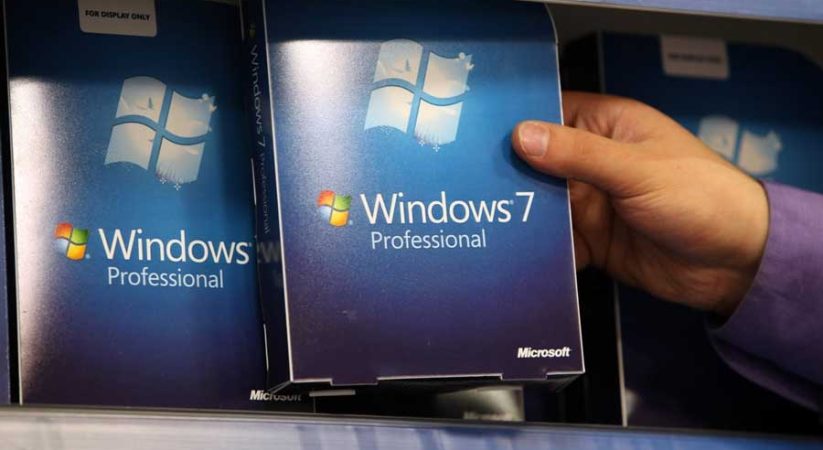What you need to know
- Microsoft has ended support for updates to Windows 7, including the Extended Security Upgrade (ESU) program.
- Ending updates and patches mean users who choose to remain on Windows 7 will be at risk, and data stored on these machines could be exposed to undiscovered vulnerabilities.
- Recommendations from Microsoft include purchasing an all-new machine running Windows 11 or upgrading to Windows 10.
Support for Windows 7 authoritatively finished quite a while back. In any case, Microsoft offered the Drawn out Security Update (ESU) as a paid answer for keep up with basic safety efforts for a limit of three years after January 14, 2020. It’s improbable that numerous clients beyond organizations would have stayed with the maturing working framework, yet all the same not feasible.
In the event that you’re one of the uncommon few actually utilizing Windows 7, now is the right time to overhaul since your PC or PC is at serious gamble without proceeded with refreshes. Try not to be enticed to refresh by just a single step since Windows 8.1 has gotten a similar finish of-life treatment, and famous internet browsers, including Microsoft Edge and Google Chrome, are dropping their help for Windows 7 and 8.1.
What are my options?
The most sensible upgrade for Windows 7 users is the current edition of Windows 11, with a full breakdown of its benefits in our Windows 11 review. Still, not every device would be compatible with this modern edition if manufactured so many years ago. You’ll need specific components, including a TPM chip, to use the cutting-edge OS from Microsoft.
If you’re unsure whether or not your current device has the necessary parts, you can , but the PC Health Check app from Microsoft is out of reach since it’s only available on at least Windows 10.
A more practical choice might lean towards Windows 10 for older devices, which is set for support until at least October 14, 2025, so you have two years of guaranteed support for now. If you’ve stuck with Windows 7 because you prefer how everything works, the similarities to Windows 10 will feel comfortable enough without needing to re-learn any significant menus or functions.
Depending on your options and the abilities of older machines, one version of Windows may be more suitable. Regardless of your choice, upgrading from Windows 7 is no longer seen as optional regarding your machine’s security and safety.
Support for Windows 7 has been discontinued, Microsoft customer service no longer is able to provide technical assistance, and your PC no longer receives security updates. It’s important that you move to a modern operating system such as Windows 11, which can provide the latest security updates to help keep you and your data safer. – via .
Windows Central take
It could appear to be surprising to some when they hear clients are staying with a more established form of Windows. In any case, a portion of my relatives won’t move up to current innovation just on the grounds that they’re reluctant to find out about what’s changed. Exactly the same thing occurs in organizations; a few organizations commission programming explicitly for their requirements that is in many cases planned solely for one working framework and abstain from refreshing because of a paranoid fear of all that separating.
That stubborn behavior, as frustrating as it can be, is usually passable as long as security updates are maintained. For Windows 7 and 8.1, though, that ship has sailed. Anyone still using these two editions should upgrade immediately or replace their machine with one including Windows 11 as standard. Malicious attackers are always looking for vulnerabilities; these older computers will become unsuitable for storing sensitive data without reliable patches.





